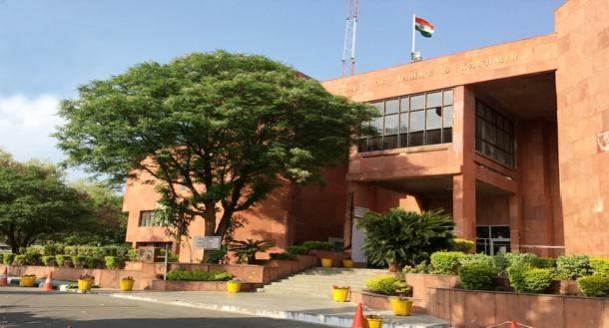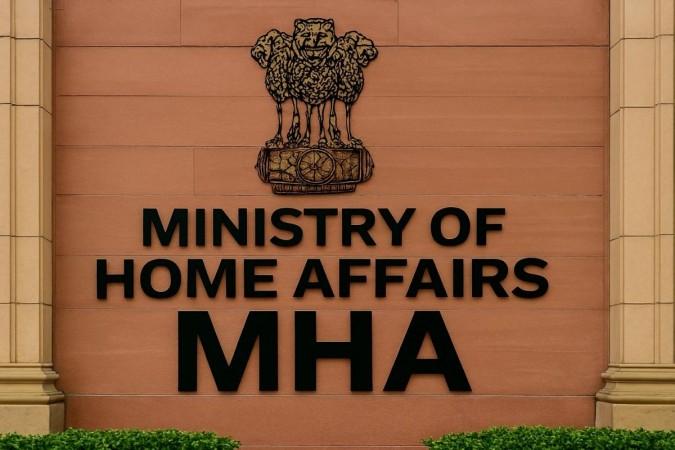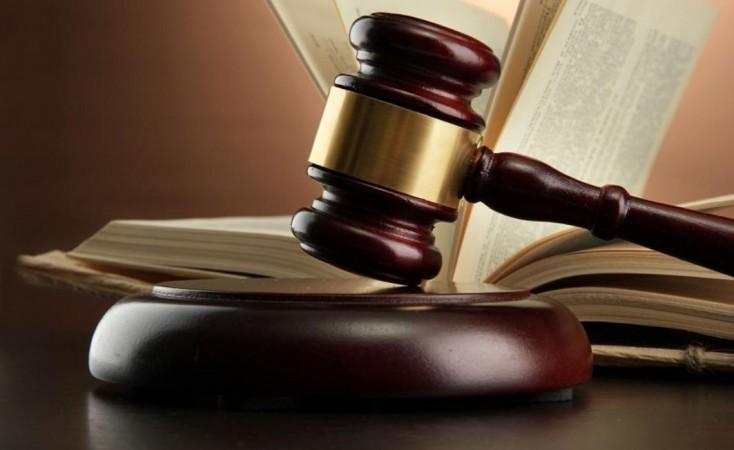
The Jammu and Kashmir and Ladakh High Court on Friday adjourned the hearing of a case challenging the nomination of five Members of the Legislative Assembly (MLAs) under the Jammu and Kashmir Reorganisation Act.
The case was deferred on the request of the petitioner due to the unavailability of senior counsel Abhishek Manu Singhvi, who is representing Ravinder Sharma, chief spokesperson of the Jammu and Kashmir Pradesh Congress Committee (JKPCC) and petitioner in the case. The matter will now be heard on October 16.
"We have challenged the legality of the provision that allows the nomination of five MLAs to the J&K Legislative Assembly," Sharma told International Business Times. He added that Singhvi, a senior party leader, Rajya Sabha member, and eminent lawyer, was not available for the hearing, prompting the adjournment.
"The provision of nominating five MLAs without consulting the elected government is unconstitutional and undemocratic. Such a clause can potentially convert a majority government into a minority, which is why we approached the court," Sharma said.

The matter came up before a Division Bench comprising Justice Sanjeev Kumar and Justice Rajesh Sekhri. A written request for adjournment was submitted, and the Bench allowed the plea moved by advocate D. K. Khajuria, who appeared along with the petitioner in person. Vishal Sharma, counsel for the Government of India, and Advocate S. S. Ahmed, representing intervenor Ravinder Singh, also appeared for the respondents.
While the nomination of these MLAs does not immediately threaten the stability of the Omar Abdullah-led government, the decision could play a crucial role in the election of four Rajya Sabha members from Jammu and Kashmir scheduled for October 24.

Special Bench Constituted
In October 2024, the High Court constituted a special Division Bench to hear the Public Interest Litigation (PIL) filed by Sharma after the Supreme Court, on October 14, 2024, declined to entertain the plea and directed him to approach the High Court instead. Acting on this, then Chief Justice Tashi Rabstan formed a special bench to deal with the case on priority.
On December 5, 2025, the High Court had also granted additional time to the J&K government to file its objections regarding the Lieutenant Governor's (LG) powers to nominate MLAs. The Court observed that the writ petition raised "critical legal questions," including:
Whether Sections 15, 15-A, and 15-B of the J&K Reorganisation Act, 2019—permitting the nomination of MLAs beyond the sanctioned strength of the Legislative Assembly—are unconstitutional.
Whether such provisions violate the basic structure of the Constitution by potentially altering a government's majority or minority status.
Provisions Under Scrutiny
The petition argues that the Act empowers the LG to nominate five MLAs without consulting the elected Council of Ministers, which renders the provisions ultra vires to the Constitution.
Under Section 15 of the J&K Reorganisation Act, 2019, the LG is empowered to nominate five MLAs, including two women. The J&K Reorganisation (Amendment) Act, 2023, further mandates the nomination of two representatives from the Kashmiri migrant community and one from the displaced persons of Pakistan-occupied Jammu and Kashmir (PoJK).
The Act defines Kashmiri migrants as those registered under the Jammu and Kashmir Migrant Immovable Property (Preservation, Protection, and Restraint on Distress Sales) Act, 1997. Displaced persons from PoJK are identified as those forced to migrate due to partition, civil disturbances, or wars of 1947–48, 1965, and 1971.









